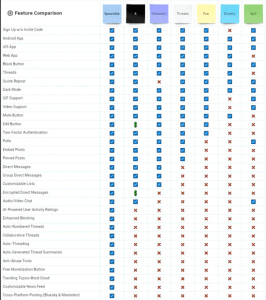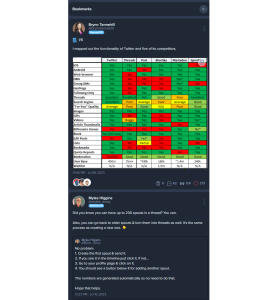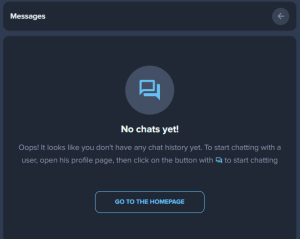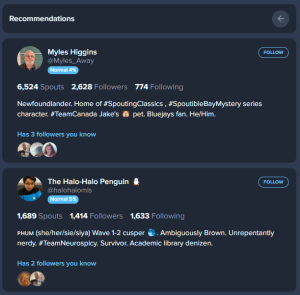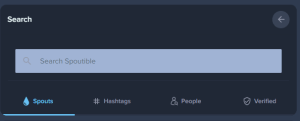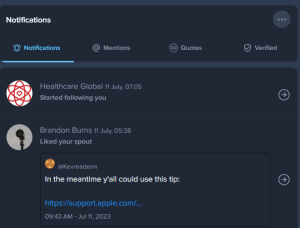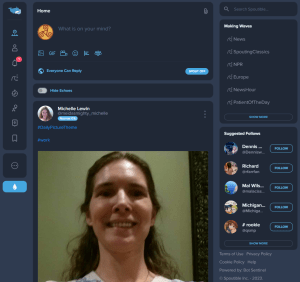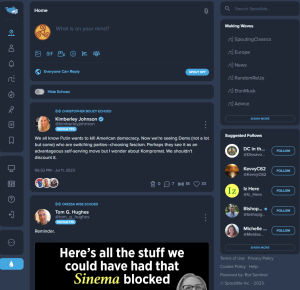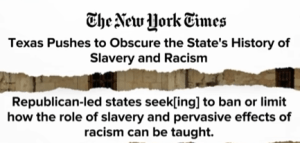The why
 It seems like this goes without saying, but here is my rationale for providing a classroom library that inspires, is engaging, and that kids can relate to.
It seems like this goes without saying, but here is my rationale for providing a classroom library that inspires, is engaging, and that kids can relate to.
1. Reflects the World: A diverse library reflects the multicultural and multifaceted world we live in. It helps students understand and appreciate different cultures, perspectives, and experiences.
2. Promotes Empathy and Understanding: Reading about characters from various backgrounds fosters empathy. It allows students to see the world from different viewpoints and understand the challenges and joys others might face.
3. Encourages Inclusion and Belonging: When students see themselves represented in the books they read, it affirms their identity and experiences. It helps them feel valued and included in the classroom environment.
4. Expands Horizons: Exposure to diverse literature broadens students’ horizons. It introduces them to new ideas, traditions, and ways of thinking, enriching their learning experience.
5. Combat Stereotypes and Bias: Diverse books can challenge stereotypes and counteract biases. They provide nuanced portrayals of characters from various backgrounds, breaking down harmful generalizations.
6. Enhances Critical Thinking: Reading diverse perspectives encourages critical thinking. Students learn to analyze and question their own assumptions and consider multiple viewpoints.
7. Supports Academic Success: Research shows that students who feel represented in their reading materials are more engaged and motivated. This can lead to improved literacy skills and overall academic performance. Also, reading from a wide variety of genres helps increase vocabulary and schema.
8. Builds a Respectful Community: A diverse library helps create a classroom culture of respect and appreciation for differences. It sets a foundation for a more inclusive and harmonious community.
Incorporating diverse books into our classroom library ensures that ALL students have the opportunity to see themselves in the stories they read and to learn about the experiences of others, fostering a more inclusive and empathetic learning environment.
